|
Nigeria has allocated a great deal of money to public infrastructure in recent years - but much of it has been lost to corruption, either misallocated or entirely missing. Now the country’s citizens have turned to technology to keep an eye on infrastructure projects and hold politicians to account. Tolu Olarewaju says this is a good start, but it must be accompanied by greater budget transparency.
International lawyers have asked the International Criminal Court to open an investigation into EU migration policies which have turned the central Mediterranean into the “world’s deadliest migration route.” Maurice Stierl unpacks the submission which says that “crimes against humanity” were consciously perpetrated in the belief that sacrificing migrant lives at sea would stop other migrants from making risky voyages across the
Mediterranean.
|
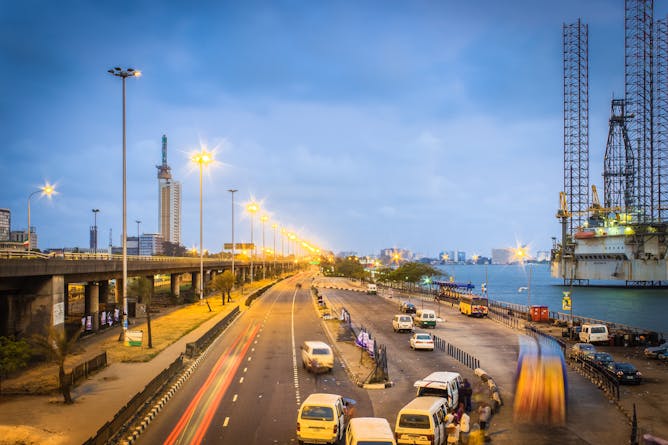
Nigerian citizens have turned to social media to keep tabs on infrastructure projects.
Shutterstock
Tolu Olarewaju, Staffordshire University
Tackling corruption is notoriously difficult but Nigeria is pursuing a fresh approach. Using technology, especially social media, its citizens are producing evidence to hold officials to account.
|

Migrant boat spotted by Moonbird aircraft on May 29 in the Mediterranean.
Moonbird/Sea-Watch
Maurice Stierl, University of Warwick
Lawyers ask ICC to investigate EU over its policy of deterring migrants from crossing the Mediterrean, the world's deadliest border.
|
Politics + Society
|
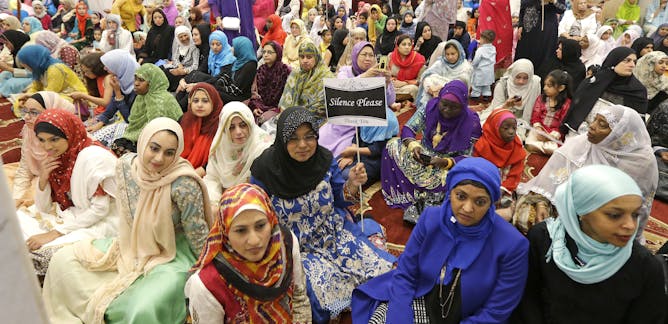
Ken Chitwood, University of Florida
Muslims throughout the world will celebrate the holiday of Eid al-Fitr, a celebration at the end of Ramadan. Here's an introduction to this important feast and its partner, Eid al-Adha.
| |
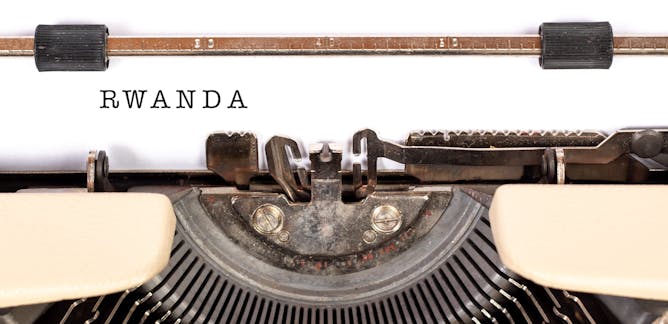
Karen McIntyre, Virginia Commonwealth University; Meghan Sobel, Regis University
Reporters and editors in Rwanda saw themselves as unifiers, and that meant working to promote unity and reconciliation.
|
|
|
Environment
|
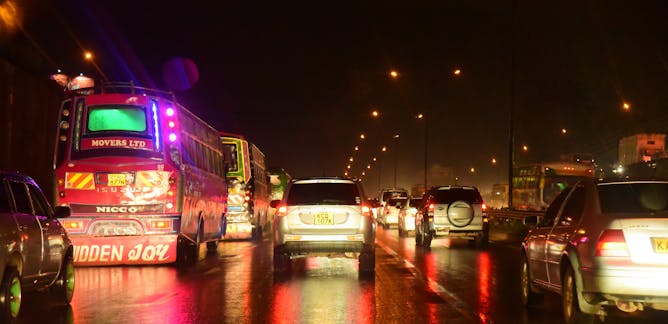
Fiona Rajé, Manchester Metropolitan University
Sustainable and efficient transportation is essential for cities, communities and individuals to thrive.
| |
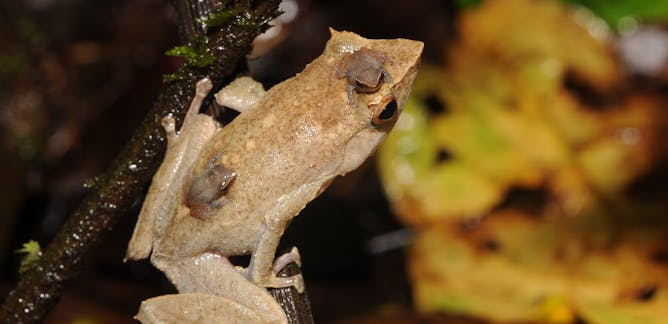
Deborah Bower, University of New England; Simon Clulow, Macquarie University
The island of New Guinea is home to 6% of the world’s frogs, but if the deadly chytrid fungus invades it could cause a mass extinction.
|
|
|
Science + Technology
|
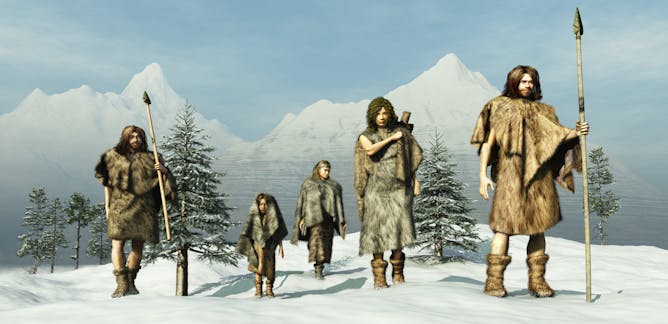
Peter Allen, Bournemouth University; John Stewart, Bournemouth University
Environmental change can be a slow creep towards disaster for species. We studied how prehistoric humans coped to help make sense of the future using video game technology.
| |
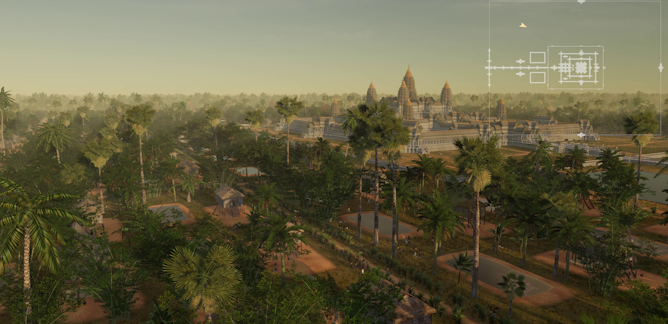
Alison Kyra Carter, University of Oregon
Many tourists hold an outdated romanticized image of an abandoned temple emerging from the jungle. But research around Angkor Wat suggests its collapse might be better described as a transformation.
|
|
|
Health + Medicine
|
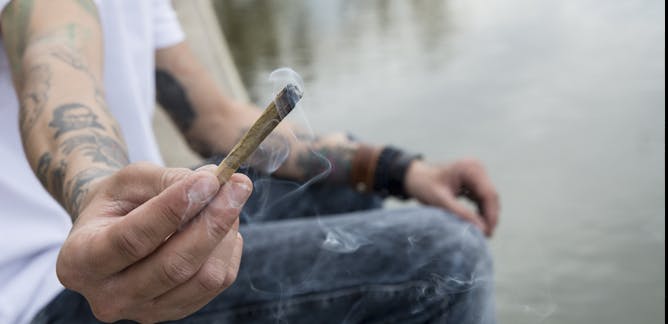
Ian Hamilton, University of York
One in ten cannabis users are dependent on the drug, according to some estimates.
| |

Leon Straker, Curtin University
Contrary to what you might think, there's not one right way to sit. According to the principles of ergonomics, there are three good options.
|
|
|